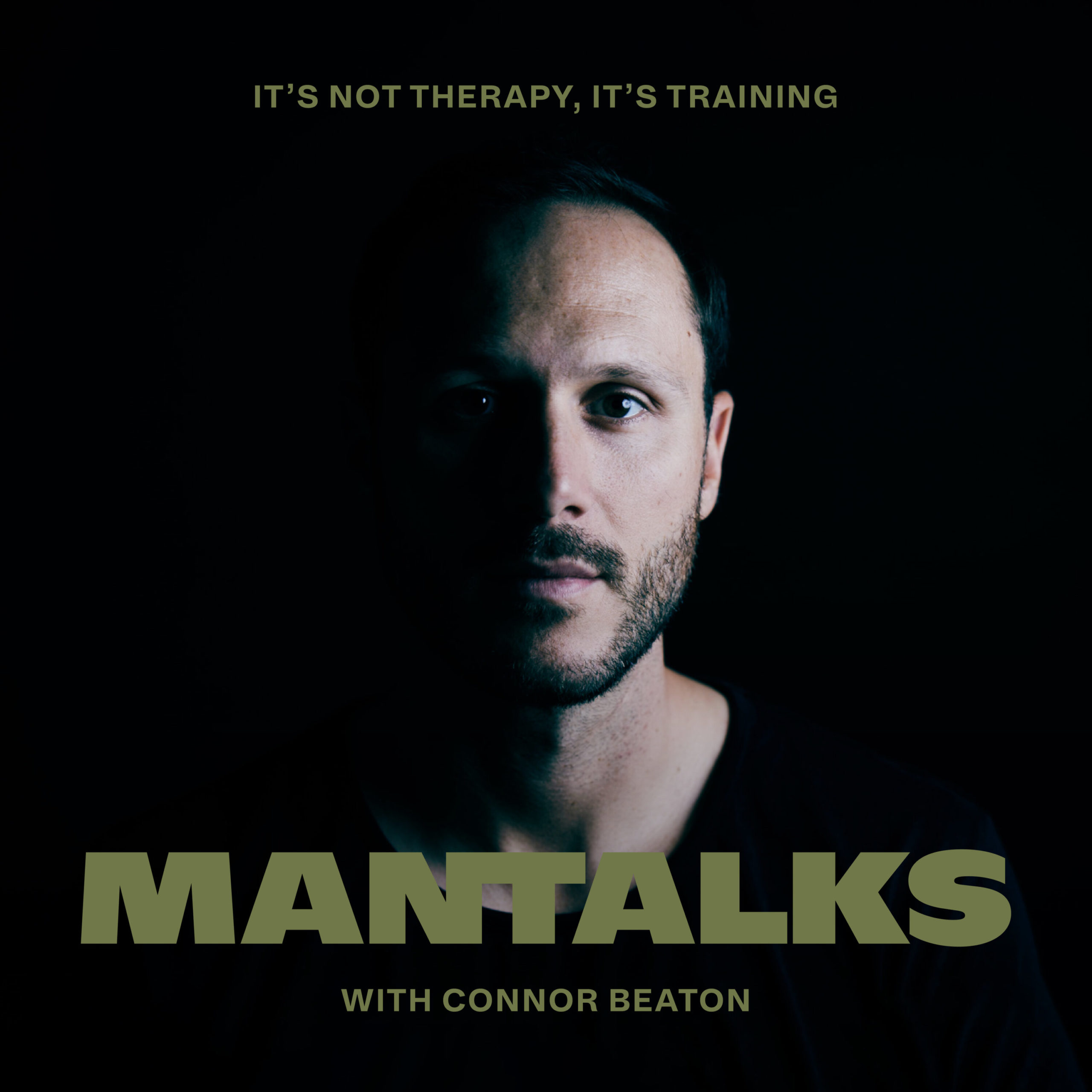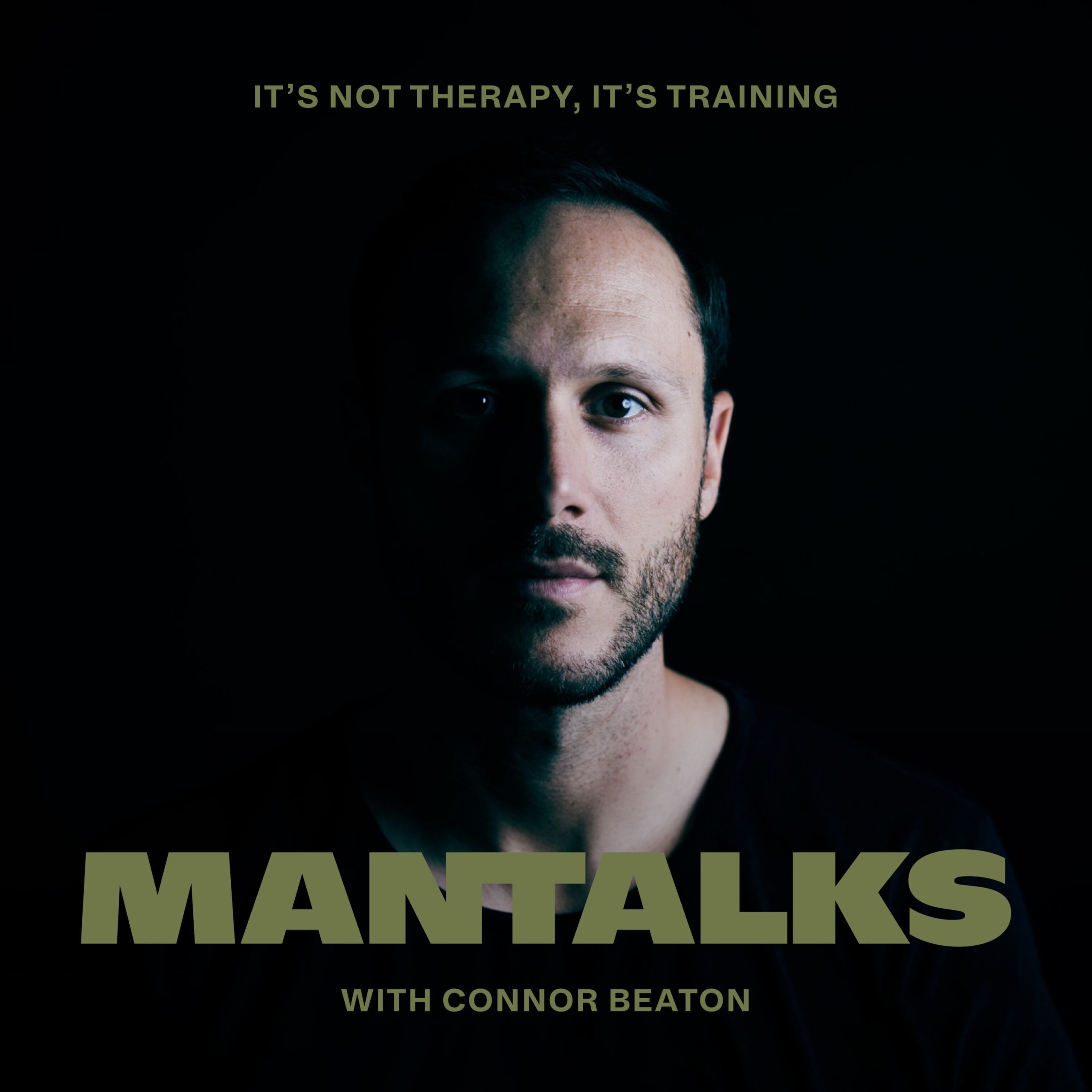Broken nose. Cracked orbital bone. Snapped tibia. Separated shoulder. Shattered radius and ulna. Concussion. Torn trapezius muscle. L5 discectomy. Facial reconstruction. Too many stitches to count. Lingering nerve damage down the right leg. Chipped tooth and plastic surgery to repair a blown-out lip.
No, this is not the retelling of a major car accident, this is my medical history.
As I sat in the doctor’s office a few weeks back, awaiting MRI results on my left knee, the damage I’d done to my body over 33 years hovered in daunting fashion. It was quite clear the physical punishment I’d willingly endured throughout my life had left me with an incredibly skewed vision of physicality.
My doctor capped it off by adding one more line to the list. Grade 2 MCL tear. There was now pretty much no place on my body that had not sustained some type of serious injury. I had run the table of my own skin, tested every limit of my skeleton and subjected myself to years of pain, rehab and reaffirmation that what I was doing was not only sane, but something to be very proud of. My mental conditioning was complete.
Growing up in rural British Columbia, gender roles were reticent and rigidly defined. Men were the strong silent type, women were warm and loving. My youth was not necessarily a place of pain, but more a hardening of affirmations. Boys don’t cry, girls play with dolls and to become a man was to take responsibility of the situation and your life. Support, clothe and feed a family, forgo questions and look forward to retirement. There was little room for introspection or failure, and to be unsure of yourself was the biggest sin of all.
The pecking order at school was equally well-defined. The biggest, toughest kids were the coolest. The most athletic and the most intimidating rose to the highest echelons of the monkey bars. Being a natural athlete meant I fit right in, despite my diminutive status as a late bloomer. While I wasn’t the most physically daunting opponent, I would be willing to go miles further than anyone on the opposing team to win. Scrape my knee up in a slide tackle, block a shot in hockey or take a punishing hit in rugby, I complimented skill with an undying lust for winning at all costs.
As I grew up sports taught me multiple healthy lessons about life: commitment, discipline, desire and work ethic. A fire was lit inside my tiny belly that I still carry to this day, and credit my life’s achievements to. I was always fighting something, always competing against some external foe, and thus, my drive was nitro-charged even before my voice broke and body took shape. As I went through puberty I became a six-foot plus tower: tall, lean, and now I had another weapon in my repertoire—the goods to back up the brawn.
But sports never materialized as a career, and now looking back on it, I’m incredibly thankful it didn’t. This is not to say I wouldn’t mind lifting Lord Stanley’s Cup for one day, or score a goal in a World Cup final. It is not a sense of regret, but rather an acknowledgement that I was destined for other things. I was destined to become a writer, something that grew inside of me much like my love for sport — organically, and ultimately, completely at the power of my own will.
But as I veered off into the world and found myself more interested in the written word than the score on the clock, I continued to play for the love of the game. I won championships, made tons of friends, had some amazing road trips and scored a few game winners in tournament finals. I tasted champagne and tussled with the best of them. However, as I carried on, I collected that laundry list of injuries. The defining moment was a concussion two years ago that not only threatened my body, but the one thing I needed more to survive—my mind. Sports had taken the singular organ I truly needed to be successful, and it brought me to my knees. As a wordsmith, writer’s block is expected, but when a neurologist tells you not to read or type at a computer, it feels like a death sentence.
All this sacrifice for the glory of the game had bled into other areas of my life. I needed to rethink my strategy and outlook, but of course, it wouldn’t come easy. I contemplated retirement, then downgraded my compete level, but the injuries continued to accumulate. I no longer had the luxury of a 21-year-old metabolism; groin pulls and twisted ankles now took months to recover from instead of weeks.
And when I sat before my doctor recently to hear the news of yet another injury, I knew it was time to let go, once and for all. I needed to let go of the physicality of my youth. I needed to stop punishing myself for the thrill of victory, or the reward of camaraderie. I needed to let go of the life I’d lived and loved, because it was slowly degrading my body beyond repair.
I often ask myself these days what it means to be a man. If I were to go back to my childhood, I’m sure I’d give you a quick, clear answer. Be tough, flex your muscles and win one for the boys. Now I look in the mirror and see a different person. Is he a man yet? I don’t know, and maybe I never will. But one thing is for sure, maybe I’m asking the wrong question now. Maybe manhood is not a rite of passage, but simply an acknowledgment that life is more than just the sum of your parts.

Sign up to the ManTalks newsletter and every week we’ll send you an email with the week’s top articles and interviews.
[fc id=’3′][/fc]


